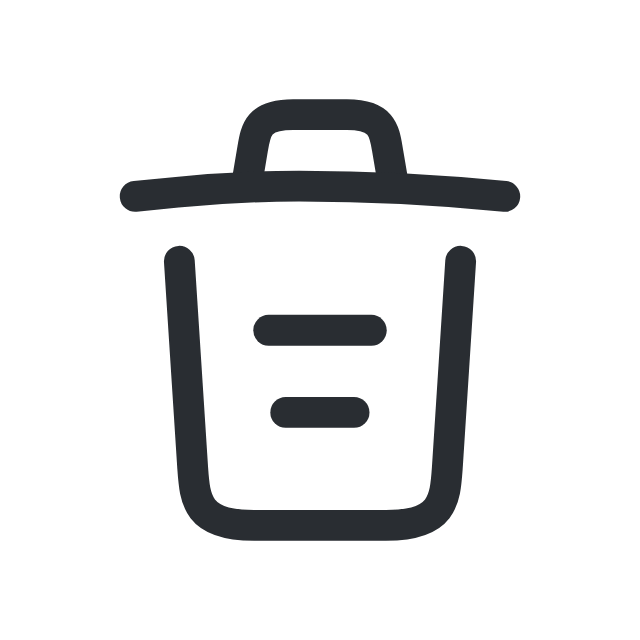What is a Career Cluster?
Higher education programs have been grouped into career clusters to align terminology used in higher education programs and majors (CIP Codes) with those used in the workforce for careers and occupations.
In total, there are 16 Career Clusters in the National Career ClustersTM Framework, representing more than 79 Career Pathways to help students (at both the secondary and postsecondary level) link the knowledge acquired in school with the skills needed to pursue careers. By tracking college graduates in higher education programs to specific career clusters, potential workforce needs can be estimated.
| Career Cluster | Higher Education Programs Included |
|---|---|
| Agriculture, Food & Natural Resources | agriculture; natural resources and conservation; and parks, recreation and leisure. |
| Architecture and Construction | architecture (at the bachelor's and master's degrees) and construction trades (at associate degree and below). |
| Arts, Audio/Video Technology & Communication | communication and journalism; communication technologies; and visual and performing arts. |
| Business Management & Administration & Finance | Three career clusters are combined with programs in business, management and administration; marketing; and finance. |
| Education & Training | education, housing, and library science. Note: not all graduates who have credentials needed for a teaching career can be identified by tracking education majors. Someone pursuing a secondary math teaching degree might be classified as a math major with an education minor or a math major only. |
| Government & Public Administration | public administration and social service professions; and the social science programs in international relations, political science, and urban affairs. |
| Health Science | health and allied professions and psychology programs in health and psychometrics. |
| Hospitality & Tourism | culinary services and business programs in hospitality management and facilities. |
| Human Services | cosmetology; family and consumer science; philosophy and religious studies; psychology (clinical, counseling, developmental); sociology; and theology and religious vocations. |
| Information Technology | computer science, computer engineering, and drafting. |
| Law, Public Safety, Corrections & Security | criminology; legal professions and studies; and security and protective services. |
| Liberal Arts, Languages, History | Not an official career cluster. These programs are officially assigned to Education & Training, but have been placed here to identify education majors from other liberal arts majors. Includes programs in area, ethnic, cultural, and gender studies; English language and literature; foreign languages and linguistics, history, liberal arts and sciences, general studies and humanities; and multi/interdisciplinary studies in liberal arts. |
| Manufacturing & Transportation | Two career clusters are combined with programs in mechanic and repair technologies; precision production; science technologies; and transportation and materials moving. |
| Science, Technology, Engineering & Mathematics (STEM) | biological and biomedical studies; engineering; engineering technologies; mathematics and statistics; multi/interdisciplinary studies in science areas; physical sciences (chemistry, geology, physics) and social sciences (anthropology, cartography, demography, economics, geography). |
Source: www.careertech.org/career-clusters/
Quick Links
- Why College?
- Explore Your Interests & Careers
- Prepare at School
- Summer Academic Enrichment Program
- Earn College Credit in High School
- Recommended High School Classes & Graduation Requirements
- Advice for Students with Disabilities
- Succeed as an Adult Student
- Useful College Prep Resources
- Minnesota Goes to College!
- Get Ready Program Overview
- College Planning Presentation Information
- College Navigator Presentation Request Form
- Minnesota Indian Scholarship Program Outreach
- Competitive Grant Programs
- Dual Training Grant
- Public Engagement Calls
- "Life After Now" Podcast
- Certified Nursing Assistant Training
- Direct Admissions Minnesota
- Collecting Data from Minnesota Postsecondary Institutions
- Campus Financial Aid Administrator Resources
- Statewide Financial Aid Conference
- Campus Student Enrollment Reporting Resources
- Ordering Materials for Your Students
- Supplementing Your College Counseling
- Early Awareness Efforts
- Student Homelessness in Higher Education Resources
- Shared Library Resources
- MN FAFSA Tracker
- Campus Sexual Violence Prevention and Response
- Statewide FAFSA Filing Goal
- Financial Aid Estimator
- Online Applications
- About Financial Aid
- What Does College Cost?
- Tips for Lowering the Cost of Higher Education
- Institutional Payments
- Financial Aid You Don't Repay
- Financial Aid You Must Repay (Student Loans)
- Financial Aid You Earn
- Military Service Education Benefits
- Reduced Out-of-State Tuition Options
- Education Tax Benefits
- New Video Demystifies Paying for College
- Public Service Loan Forgiveness
- Useful Online Resources
- Ready, Set, FAFSA!
- Data Maps and Infographics
- Educational Attainment Goal 2025
- Minnesota Measures
- Minnesota P-20 Statewide Longitudinal Education Data System
- College Readiness & Participation Data
- Student Enrollment Data
- Degrees, Graduation Rates, Attainment & Outcomes
- Financial Aid Data & Trends
- Tuition & Fees Data
- Student Health and Safety
- Institution and Data Search
- Transfer Students
- Research Reports
- A-Z Data Table Index




